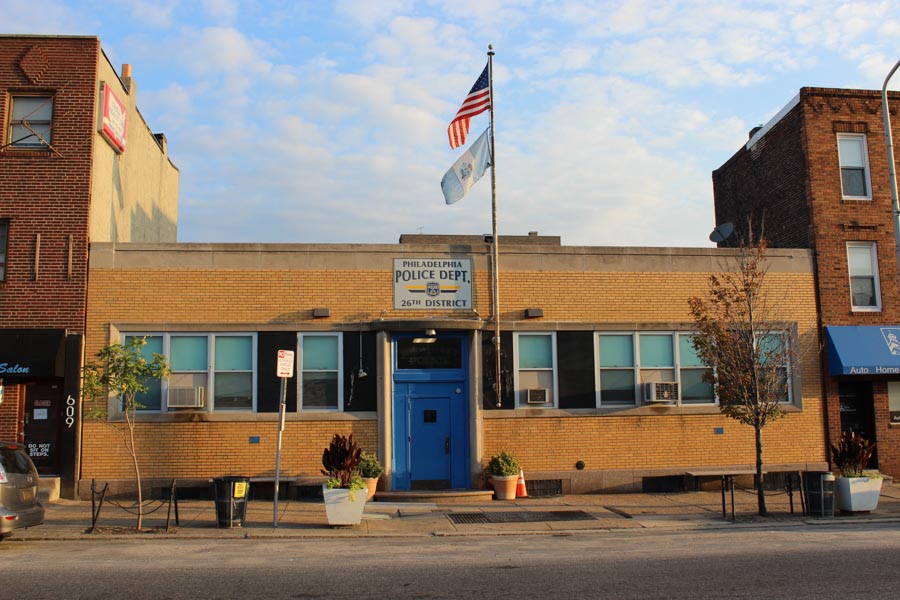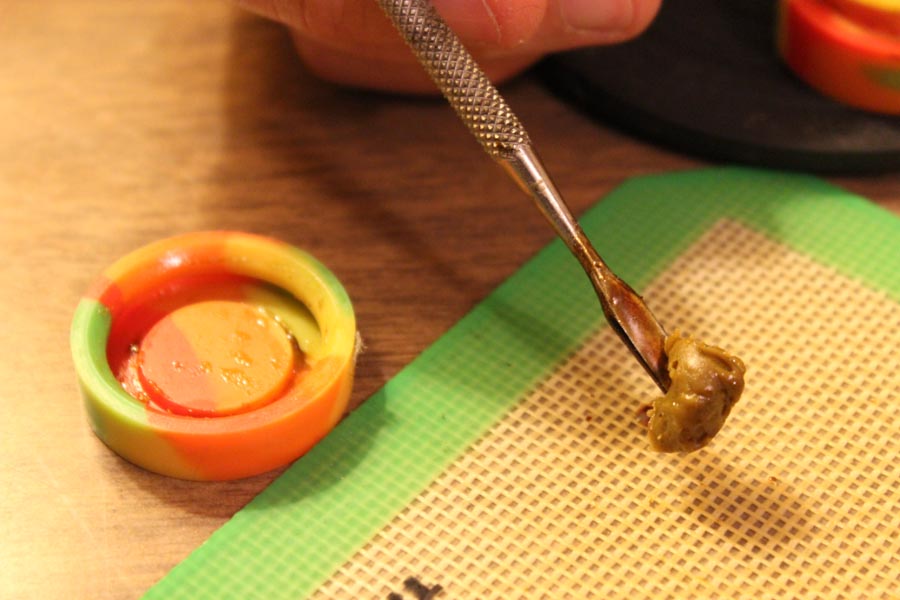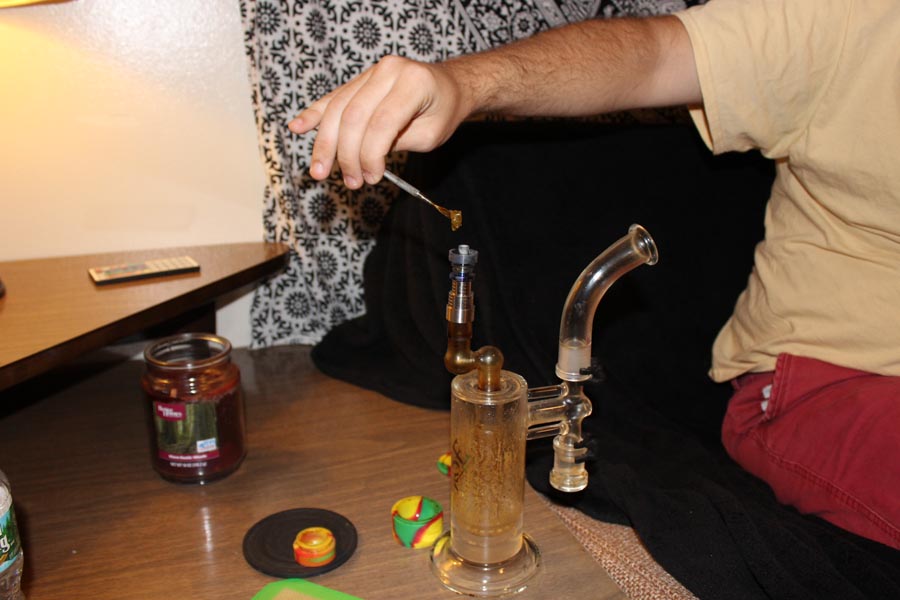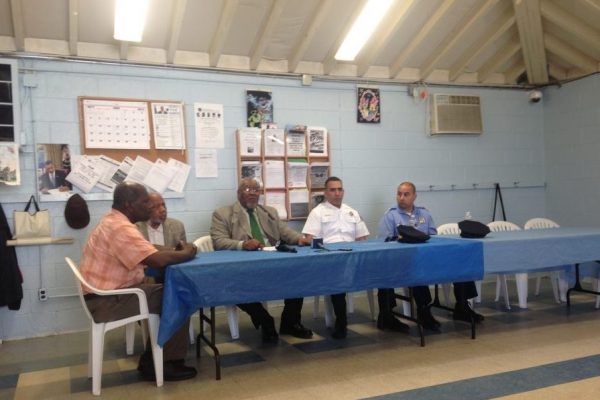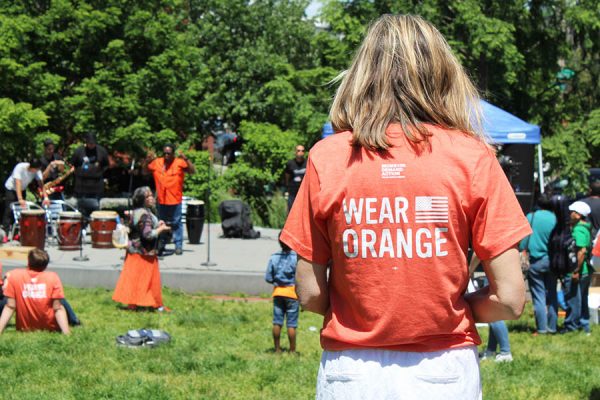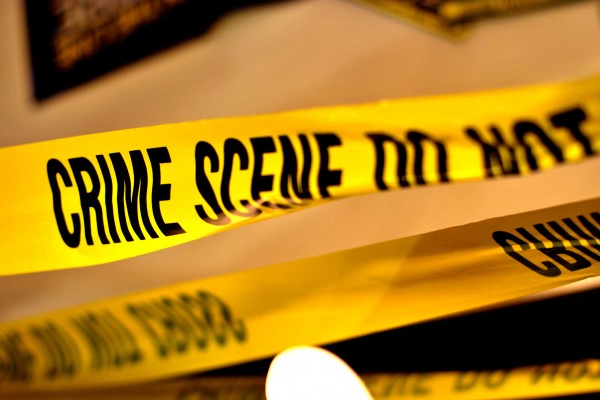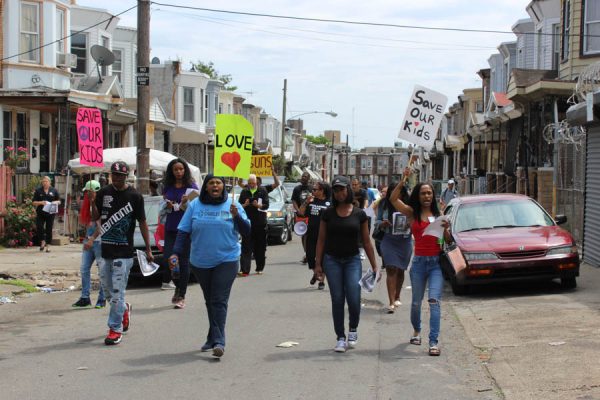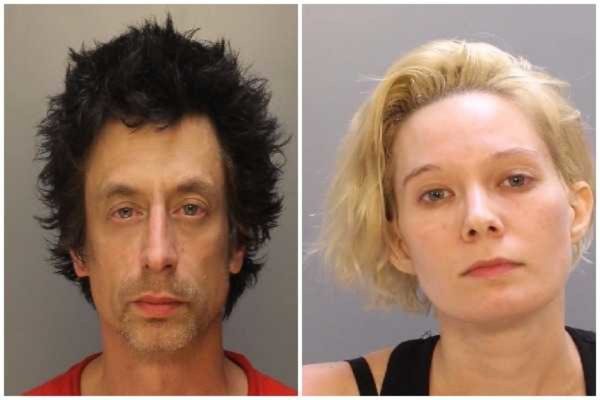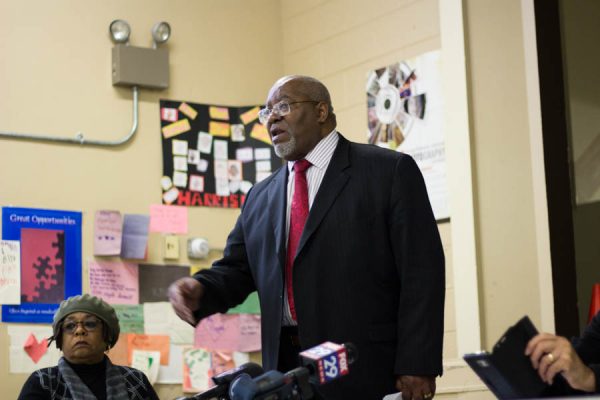Weed In Between the Lines: How Marijuana is Affecting the Riverwards After Decriminalization
Whether you think weed is God’s gift to the world or the scourge of the Earth, it’s undeniable that it is an indelible part of the neighborhood; there are residents of the Riverwards who use marijuana and also officers of local Philadelphia Police districts who are tasked with regulating the use of this illicit substance. On October 20, 2014, the relationship between these two parties changed substantially when Philadelphia decriminalized the possession of small amounts of marijuana. Now, nearly a year after Philadelphia City Code 10-2100 went into effect, the police are working hard to figure out how to enforce a ruling that has so many contradictions while a cottage industry has cropped up in the ‘Wards.
Cannabis, and all intoxicating substances derived thereof, is illegal under United States Federal law. The Commonwealth of Pennsylvania has strict laws prohibiting the use of cannabis for all purposes, including medicinal. According to a 2013 article in Philadelphia Weekly, Philadelphia was known for having some of the strictest municipal laws against possession of cannabis. Of the 20,577 people busted for weed in PA in 2012, 6,614 were from Philadelphia. Carrying any amount, for any reason was an automatic arrest. This led to many people being locked up for possession of one joint or one nickel bag. According to Philly.com, 559 people were arrested between November and December 2013 for carrying what would now be considered a small amount of marijuana. Enforcing these laws has put many people in the court system and left a mark on their criminal record for what could be considered a minor offense.
The City Ordinance was spearheaded by then-Councilman and current Mayoral frontrunner, Jim Kenney and signed into law by Mayor Michael Nutter. Now that the decriminalization bill is passed, people caught with under 30 grams of cannabis are given a $25 fine and avoid a potentially damaging conviction on their record. Money from these tickets are supposed to fund Philadelphia’s public schools. This is seen by many cannabis users as a victory, but it has also led to confusion for law enforcement.
Sgt. John Massi of the 26th police district provided The Spirit with the “Marijuana Quick Reference Guide for Officers.” The 26th district covers Fishtown, Northern Liberties and parts of Kensington. The guide was issued to all officers citywide to help them interpret the ordinance with greater ease.
According to the Reference Guide, Philadelphia City Code 10-2100 defines a “small amount of marijuana” as less than 30 grams, and the code also states that people caught carrying marijuana will receive a $25 possession Code Violation Notice (essentially a ticket) whereas smoking in public will get you a $100 fine. The guide goes on to describe a “small amount” as 70 Cannabis cigarettes, 60 $5 bags or 30 $10 bags. Line 10 of the reference guide reads, “The City Code makes no distinction regarding how the marijuana is packaged.” It’s up to the discretion of the officer to decide what the bags are considered. Officers do not carry scales but are trained to visually judge the quantity. The amount of marijuana in each bag is not standard so an officer can give a possession charge based on the number of bags, not just the overall weight of the bags’ contents.
Here’s where details of the ordinance get a little hazy: Dealing cannabis has not been decriminalized. Now, there is a blurred line between what is considered distribution or dealing, and what is a ticketed offense. Prior to decriminalization, if a person was caught with an amount of cannabis, let’s say 60 five dollar bags, that person would be charged with intent to sell. Under the current law, a person with the same 60 bags of cannabis would receive a Code Violation Notice.
“I’ve never seen anybody in my career with 60 nickel bags that’s not a seller. It’s just unheard of,” Sgt. Massi said. “If you give somebody who’s in possession of 60 nickel bags the opportunity to get a ticket it is counterproductive to [removing] drug dealers.”
Here’s how a few different scenarios can go down:
If a police officer sees two people at the very second of the transfer, the dealer will get a distribution charge and the purchaser would be charged with possession of a controlled substance. Both of these charges are arrestable offenses and are not covered by the decriminalization bill. If the officer misses the actual transfer of the drug, then the purchaser and the dealer would be issued Code Violation Notices and walk away with a small fine.
While this does limit an officer’s power, if the subject is found to be committing additional offenses while in possession of a small amount of cannabis then a possession charge would be issued.
But things aren’t so cut-and-dried in today’s weed-scape. Cannabis concentrates and edible products are becoming as popular as traditional herbal marijuana. With these forms, it’s not as clear how much of the green buds are present in each morsel. According to Sgt. Massi, all THC products are considered the same. 30 grams of a THC concentrate, like wax, may have the street value and potency of a much larger amount of herbal cannabis. Additionally, a single baked good may far exceed the 30 gram limit in overall weight, but may only contain a small fraction of weed. If that’s the case, people could be getting a felony charge for possessing a chocolate chip cookie that contains far less weed than, say, 70 joints.
If you walk down any side street off East Girard Avenue on a Saturday night, there’s a good chance you will run into or smell some people indulging in the forbidden fruit. The attitude of many young people toward cannabis use is becoming more relaxed. An article published by USA Today cites a study by The American Journal of Drug and Alcohol abuse that shows the marijuana disapproval rate between people ages 18-25 is down from 41 percent to 23 percent. As younger residents pour into the 26th district, they bring these ideals with them.
A study by Forbes magazine, conducted over five years and cited by Philly.com says PA has the fifth-highest price in the country per ounce at $360. For years, an eighth ounce of high-grade cannabis sold here for $50 to $60. Now that street-level dealers have access to a large supply of cheap, largely legal or medicinal marijuana coming from legalized states like CO and WA, they are steadily selling higher quality cannabis for lower prices. The Washington Post reported that $286.35 is the average price for an ounce of marijuana in the US, valuing an eighth around $36. With this lower price, higher grade strains are gaining popularity in lower-income poor areas where low-quality cannabis once used to dominate the market.
There’s a vast black market that exists right under the surface and is frankly not hard to find. I was able to get a handful of dealers to go on the record with me, with the promise of anonymity, to describe the nature of their businesses in 19125 and how decriminalization has affected them. Their names have been changed to protect their identities.
First up is Trey. Trey sells cannabis concentrates — generally super-strong substances derived from marijuana flowers. It is an umbrella term that includes hash, oil, and wax. This recently trendy form of marijuana is highly portable thanks to vaporizers and has very limited odor.
“When you smoke it, you can get away with it in most public places,” Trey said. ”A lot of people are scared to make the switch from bud. You kind of have to educate [customers] a little bit.”
Trey imports his product from Washington state, where it is legal, but he believes it will be popular in Philly too. “Cannabis and art kind of go together,” Trey said “I think it’s going to explode here.”
Bobby was another dealer we spoke with on the record. On the surface, he could be considered an upstanding member of the community. He has a day job but in his spare time, to make ends meet, he sells high-grade cannabis.
“I’m like everybody else … just everyone got different bills, different issues, different things,” Bobby said. “There’s a legitimate need, enough that a brick and mortar store could sustain itself.”
His business began as a service to himself and a few select friends seeking the benefits of medical cannabis but has grown with the demand of the neighborhood. Bobby has some severe medical issues himself and attributes his recovery to medical cannabis. “All the medical prescription pharmaceuticals they were giving me were doing nothing,” Bobby said. He usually rotates between six and seven different strains and keeps his price steady at $45 an eighth. He doesn’t consider himself a drug dealer though.
“I’m not trying to be the Pablo Escobar of the Fishtown weed circuit,” Bobby said. “I’m just trying to cover my medical needs and take care of a few sick people I know in the mix.”
Meanwhile, Carmen runs a cannabis infused edibles business. She has a full-time job but provides custom-made medicinal marijuana products to some very sick people on the side.
“People do not have faith in the medical establishment. Especially where it comes to chronic diseases,” Carmen said.
She produces lab-quality edibles with the help of some close friends. It is possible to purchase her wares for recreational use, but for her, it’s more about teaching people the healing benefits of cannabis. “It really is about education, and right now, edibles seem to be the thing for people these days,” Carmen said.
When asked if she was concerned about law enforcement, she responded, “No one’s gonna crash into your home and search for marijuana. Not these days. Prosecution is going to happen for people who are out on the street smoking weed. With edibles, it’s barely detectable.”
Sgt. Massi agrees that there’s a much bigger drug problem in the 26th district than just pot.
“There was never any direct targeting of marijuana,” Sgt. Massi said. “In the East division, heroin is our number one drug used, mixed with fentanyl. Then PCP, which drives up our radio calls because most people who smoke PCP engage in criminal activities. K2 is emerging more in the FIshtown area. We don’t have a field test for that.”
Sgt. Massi also pointed out that prior to decriminalization, District Attorney Seth Williams made changes to the way the courts handled cannabis charges. Cases were diverted to a separate court titled “Small Amounts of Marijuana Court” or “SAM Court.” Officers were not required to be present at hearings, which led to a decrease in overtime hours. Sgt. Massi said it was successful because it got people in the system. There was a penalty aspect and drug education classes were required. The subjects’ record was expunged upon completion of a drug rehabilitation program. Even after decriminalization, SAM court still exists in Philadelphia.
“You can interdict them at a young age and it could be an eye opener, now we lost that ability by giving them a ticket on the street,” Sgt. Massi said
Massi is frustrated by the amount of tickets that could be issued to one person without any increased consequence. “My understanding is, I can give the same person a ticket every day. I’m not aware of a policy where there are so many strikes before the ticket turns into something else. There really is no punishment.”
Furthermore, there is no real way of enforcing payment of these tickets. Since there is no arrest for small amounts, no bench warrant will ever be issued. According to Massi, the police cannot pursue much legal action against someone who does not pay their ticket — there may be a civil lien against you personally but there won’t be cops knocking at your door.
City Ordinance 10-2100, which decriminalized small amounts of marijuana, is causing confusion for police in the 26th District and sends a mixed message to the public. People speculate the new ordinance will save the city money. According to Philly.com, Philadelphia was spending $5.5 million enforcing weed laws but the new ordinance is expected to lower the overall law enforcement cost to $3 million per year. It’s too early to tell the full economic impact. According to Sgt. Massi, the same amount of police hours go into that $25 ticket as they do for arrests, so he doesn’t believe it’s saving his district any money. His officers still approach cannabis the same way, there are just no arrests. As long as the police are unsure who is really a drug dealer and the people believe there are no consequences for criminal behavior, Philadelphia will continue to be clouded in a purple haze of confusion.
